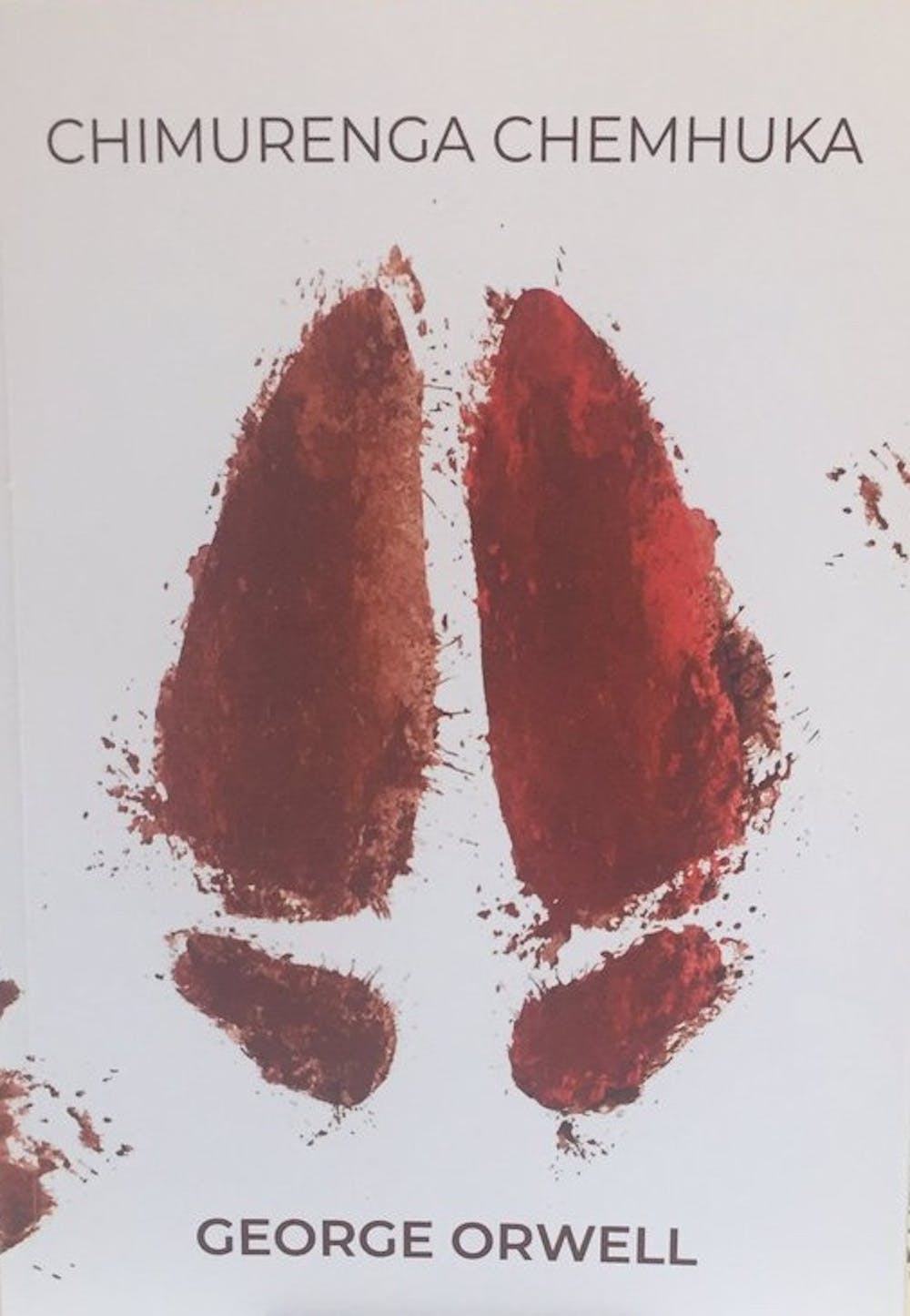Eight years later, Chimurenga Chemhuka has come to life. It’s a big achievement, considering that publishing has not been performing well in a dire Zimbabwean economy. Gappah and her friends have ambitions to translate and publish Animal Farm in all indigenous languages taught in Zimbabwe’s schools.
Chimurenga Chemhuka
Though Chimurenga Chemhuka is mainly in standard Shona, its characters speak a medley of different Shona dialects – such as chiKaranga, chiZezuru, chiManyika – plus a smattering of contemporary slang. It’s a prismatic translation in one text. As leading UK translation theorist Matthew Reynolds explains:
To translate is to remake, not only in a new language with its different nuances and ways of putting words together, but in a new culture where readers are likely to be attracted by different themes.
The use of dialects activates the book in a comical way that also leaves it open to different interpretations and connections. For example, Zimbabwe’s president Emmerson Mnangagwa, who does not have the same rhetorical gifts as his predecessor, has always tried to distinguish himself with his use of chiKaranga, a dominant dialect of Shona. He adopts a popular wailing Pentecostal style that rises and falls, raising laughter and dust among the rented crowds who attend his rallies.
The title, Chimurenga Chemhuka, is poignant and a direct reference to Zimbabwe’s liberation war. Chemhuka (animal) Chimurenga (revolution) is not a literal translation of Animal Farm, but here the writers take liberties to connect the book to the country’s larger struggles for independence, commonly known as Chimurenga.
Why this matters
This translation project is a significant event in Shona literature.
It’s done by an eclectic group of writers who are passionate about language and literature. They use Orwell’s book and its satiric commentary as a way to creatively express themselves collectively. If this was a choir, the choristers Gappah and Muchuri do a good job of leading a harmonious ensemble.
This is also the first of a series of Shona translations from House of Books, a new publishing house in Zimbabwe. The book is being promoted via social media platforms, where it is generating conversation about the need for more Zimbabwean translations of classic literature.
Translation was a major activity in Zimbabwe in the 1980s. It was a way for the newly emergent nation to reintegrate into the pan-African intellectual circuit. As Zimbabwe again reels from political and economic oppression, the translation of Animal Farm reveals to the country that what it’s going through is not new. It has happened before, and it will happen again.
Mushakavanhu is a Junior Research Fellow, University of Oxford.
The article was first published in The Conversation.

